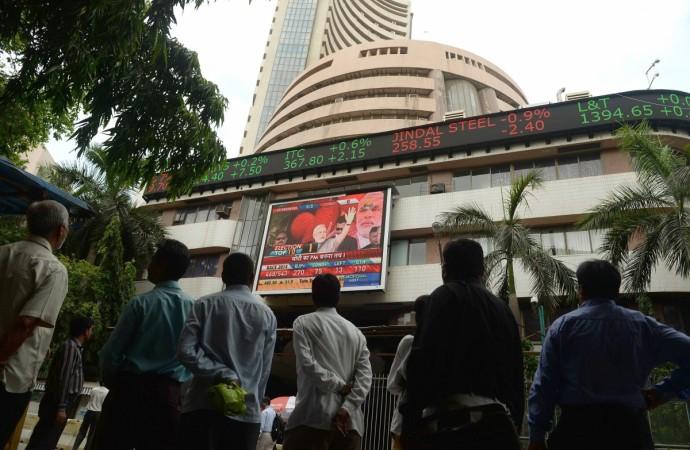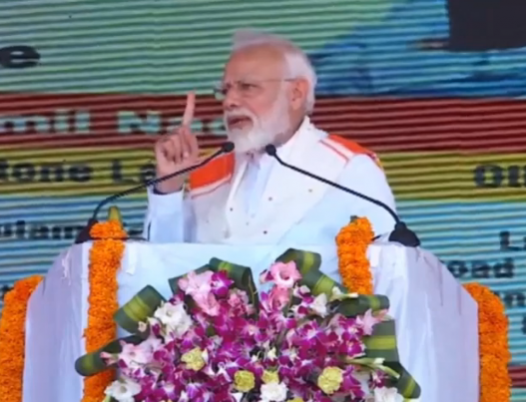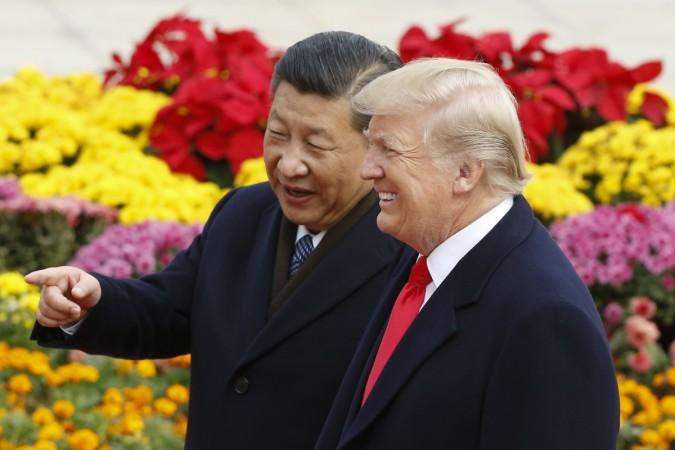
Traders look forward to a week of consolidation in the Indian markets after a week of precipitous fall over geopolitical tensionsand a turnaround towards the end of the week.
Though the Indian markets are closed on Monday because of a religious holiday, the sharp recovery of the global markets on account of the trade thaw between the US and China is expected to influence the Indian markets during the week.
Traders believe the worst is over in Kashmir where Indian Air Force (IAF) and Pakistan Air Force (PAF) exchanged air raids after IAF's punitive air strike on Masood Azhar-led Jaish-e-Mohammed (JeM) training camp in Balakot in Pakistan's Khyber-Pakhtunkhwa province to avenge the suicide bombing of a paramilitary convoy in Pulwama killing 40 soldiers, according to market observers.
The return home of the captured IAF pilot Wing Commander Abhinandan Varthaman who ejected into the Pakistan-occupied Kashmir (POK) beyond the Line of Control (LoC) and was captured after his MiG-21 fighter jet took a hit after downing an intruding F-16 aircraft has also helped the market's nerves. Although tension continues along the LoC because of the exchange of mortar fire, the market showed signs of recovery by the weekend.

The benchmark Bombay Stock Exchange (BSE) Sensex closed up 0.54 per cent at 36,063 points on Friday while the broader National Stock Exchange (NSE) Nifty ended 0.67 per cent higher at 10,863 points, according to a Reuters reports.
The rupee closed at 70.90 to the dollar on Friday and the 10-year benchmark bond yield eased to close at 7.56 per cent.
But the Asian shares have started the week on the front foot on signs the US and China are close to striking a tariff deal to end their debilitating trade war. The dollar also eased as traders wagered the Federal Reserve would remain accommodative.
US media reported that Washington could lift most or all of its tariff increases on Beijing while news emerged that a summit between US President Donald Trump and Chinese counterpart Xi Jinping to sign a final trade deal later in the month.
That followed comments from Trump that he had asked China to immediately remove all tariffs on US agricultural products because trade talks were progressing well, according to a Reuters report. He also delayed previously scheduled plans to impose 25 per cent tariffs on Chinese goods.
Easing risk sentiment pushed up E-mini futures for the S&P500 and the Dow by 0.5 per cent each on Monday.

Chinese shares were reportedly the biggest gainers in Asia, with the blue-chip index up 3 per cent. Australian shares rising 0.5 per cent while Hong Kong's Hang Seng index added 0.7 per cent.
MSCI's broadest index of Asia-Pacific shares outside Japan ended with gains of 0.4 per cent and Japan's Nikkei strengthened more than 1 per cent, reports say.
With positive global and domestic cues lined up, traders expect the markets to respond positively despite the uncertainty of the general election 2019 in May. With the war clouds between India and Pakistan lifting, the market believes the chances have brightened for the return of the reform-oriented Prime Minister Narendra Modi-led Bharatiya Janata Party (BJP) government in New Delhi.
The return of the National Democratic Alliance (NDA) government holds more promise of the reforms that the market awaits. The market generally tends to respond negatively to any rise in the chance of coming to power of a populist United Progressive Alliance (UPA) government with Congress party president Rahul Gandhi at the helm, the observers believe.

















